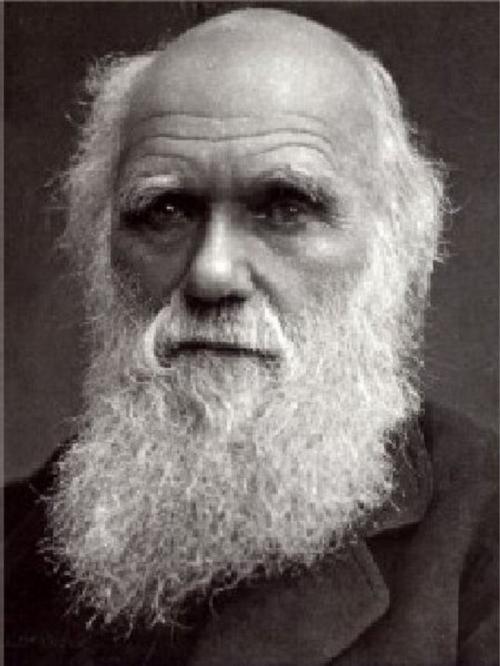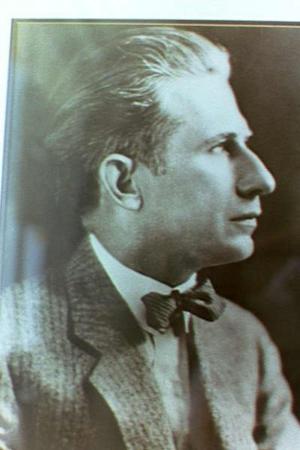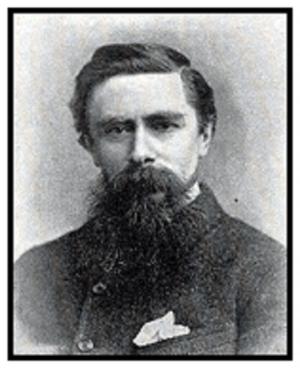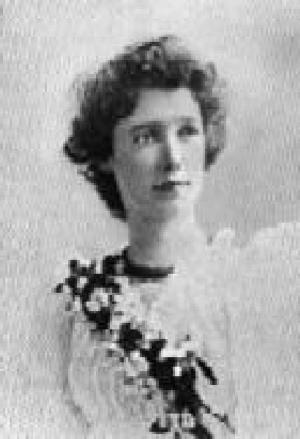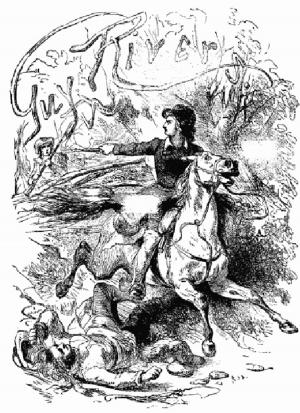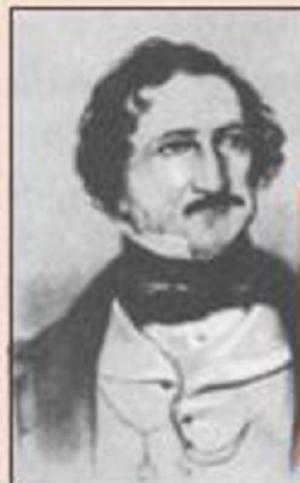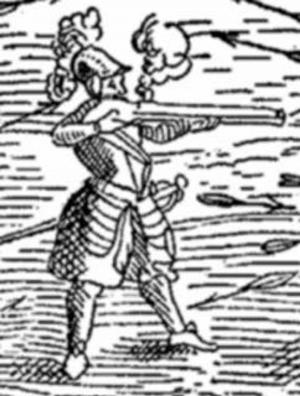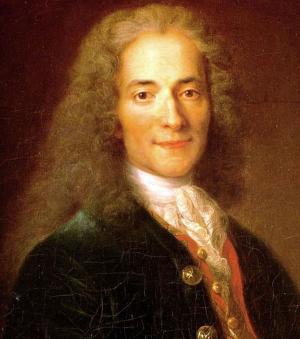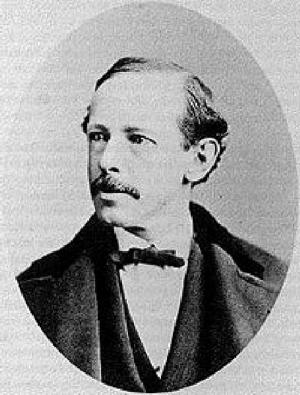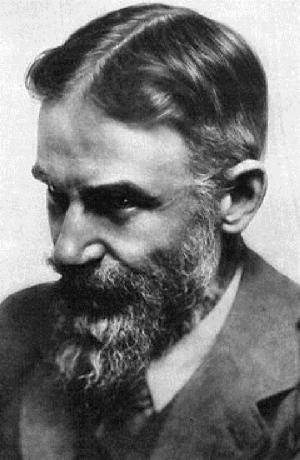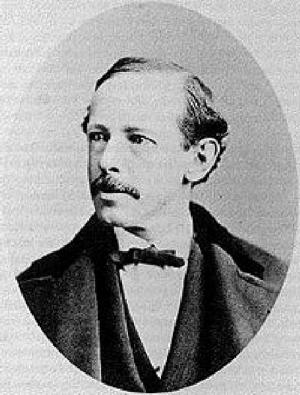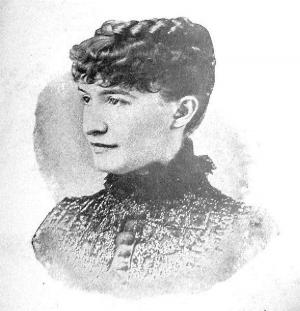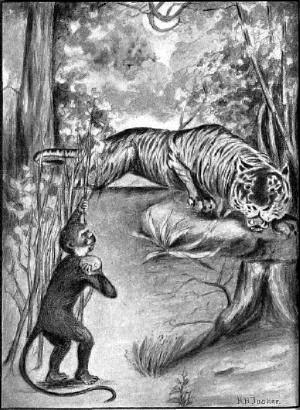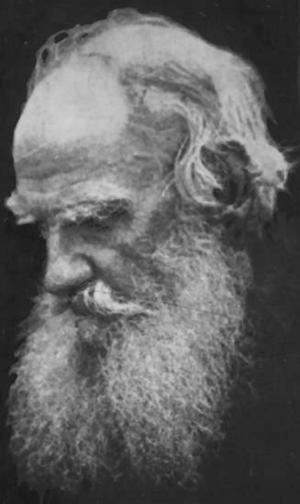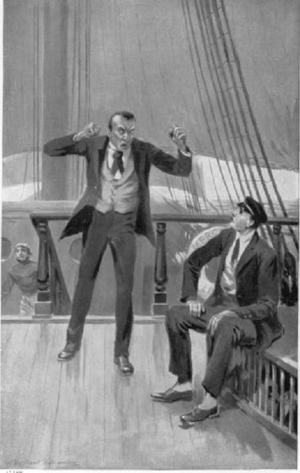The Life and Letters of Charles Darwin, followed by More Letters of Charles Darwin, all four volumes in a single file
Biography & Memoir, Reference| Author: | Charles Darwin | ISBN: | 9781455349791 |
| Publisher: | B&R Samizdat Express | Publication: | December 15, 2009 |
| Imprint: | Language: | English |
| Author: | Charles Darwin |
| ISBN: | 9781455349791 |
| Publisher: | B&R Samizdat Express |
| Publication: | December 15, 2009 |
| Imprint: | |
| Language: | English |
Both collections are edited by Darwin's son, Francis. Includes an autobiogaphical chapter. The Preface begins: "In choosing letters for publication I have been largely guided by the wish to illustrate my father's personal character. But his life was so essentially one of work, that a history of the man could not be written without following closely the career of the author. Thus it comes about that the chief part of the book falls into chapters whose titles correspond to the names of his books." According to Wikipedia: "Charles Robert Darwin (12 February 1809 19 April 1882) was an English naturalist, who realised and demonstrated that all species of life have evolved over time from common ancestors through the process he called natural selection. The fact that evolution occurs became accepted by the scientific community and the general public in his lifetime, while his theory of natural selection came to be widely seen as the primary explanation of the process of evolution in the 1930s, and now forms the basis of modern evolutionary theory. In modified form, Darwin’s scientific discovery remains the foundation of biology, as it provides a unifying logical explanation for the diversity of life."
Both collections are edited by Darwin's son, Francis. Includes an autobiogaphical chapter. The Preface begins: "In choosing letters for publication I have been largely guided by the wish to illustrate my father's personal character. But his life was so essentially one of work, that a history of the man could not be written without following closely the career of the author. Thus it comes about that the chief part of the book falls into chapters whose titles correspond to the names of his books." According to Wikipedia: "Charles Robert Darwin (12 February 1809 19 April 1882) was an English naturalist, who realised and demonstrated that all species of life have evolved over time from common ancestors through the process he called natural selection. The fact that evolution occurs became accepted by the scientific community and the general public in his lifetime, while his theory of natural selection came to be widely seen as the primary explanation of the process of evolution in the 1930s, and now forms the basis of modern evolutionary theory. In modified form, Darwin’s scientific discovery remains the foundation of biology, as it provides a unifying logical explanation for the diversity of life."
